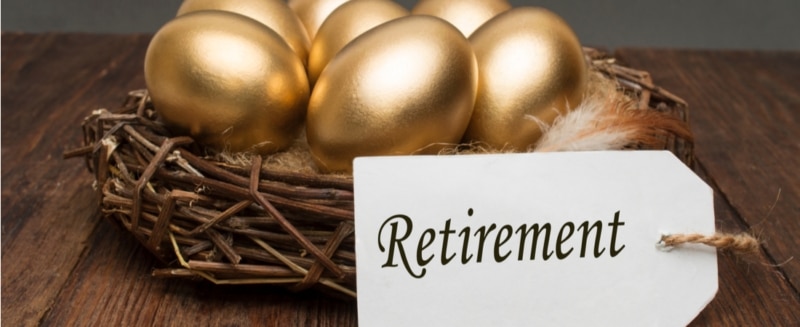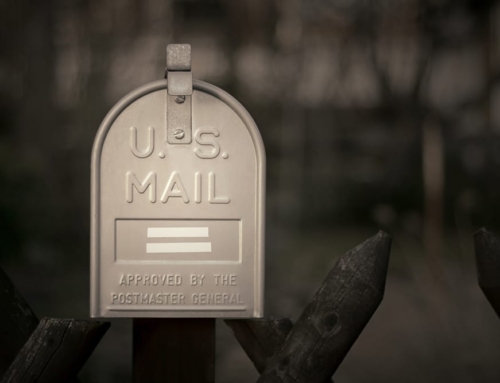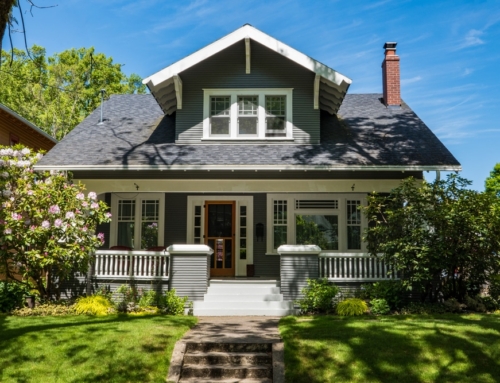Thinking about paying off your second mortgage with a home equity loan? Make sure you don’t pay more than nominal fees.
Q: My first mortgage will be paid in full in a couple of weeks. My home is worth around $300,000. I have a second loan of less than $30,000 with an interest rate of about 7 percent. Should I just double my payments to pay this down faster? Whenever I talk to my second lender I get someone who sounds like they are from India. Should I try to lower my rate with them or look for a different second lender?
The crazy thing right now is that I was making a considerable amount of money the last several years, but my hours got cut at my company so now I’m making about what I was making 10 years ago. But I’m still employed and have a second job at a local college. We live below our means so we are not stressed out. We just won’t be able to contribute to our retirement accounts or take that New Year’s cruise this next year, but oh well!
I am 60 and my retirement nest egg is good but I wanted it better before I retire at 70. Any suggestions?
A: Let’s start with the obvious: You’ve paid off your home and have about $270,000 in equity. Congratulations. Fewer Baby Boomers are reaching retirement age with their first mortgage paid off. The goal is to cut the costs on your remaining $30,000 on that second mortgage so that it, too, is paid off by the time you fully retire.
Our experience has been that you are better off finding a new lender for that $30,000 rather than asking for a reduction in the interest rate. While home equity loans were difficult to come by during the last five or six years, there is renewed interest from lenders to work with on-time borrowers who have plenty of equity in their property – that’s you.
Lately we’ve seen lenders offering equity loans for about half as much as the interest you are paying on your loan. Even if you get the home equity loan reduced to 4 percent, you’d lower your current borrowing rate by 3 full percentage points.
Unfortunately, you don’t always find the best deal by talking to your current lender. After all, why would they want to lose a customer who pays them 7 percent when they’re lending out cash at near 0 percent? As you pay off your current first mortgage on your home, you may find quite a number of local banks in your area willing to give you a second mortgage to replace your current $30,000 equity mortgage, despite your reduction in income.
The key is to make sure the loan is a “no cost” loan to you. We’d rather not see you pay fees to close an equity or second mortgage loan if those fees are more than nominal, and by that we mean a few hundred dollars. You are paying about $2,100 in interest per year and you hope to save about a bit less than half of that with a new loan.
If you can’t get the interest rate reduced substantially or the closing fees are high, you might be better off trying to pay down the loan quickly to get rid of it.
Congratulations on living within your means and being able to adapt so well to the loss of a fair amount of your income. You seem to have a great handle on your financial situation. However, it would be quite nice to reduce the amount you pay on your equity line. If for nothing else, if you were able to cut your interest payments in half, you’d have that much more to invest into your retirement account.
Who knows? Perhaps that cruise will be back on next year.







Leave A Comment